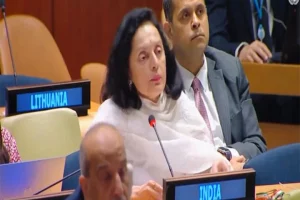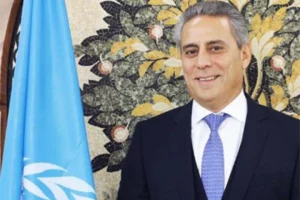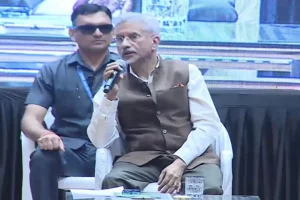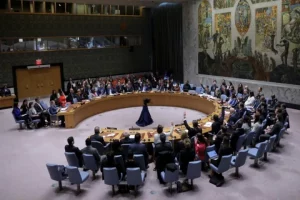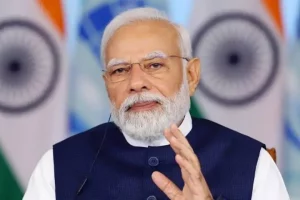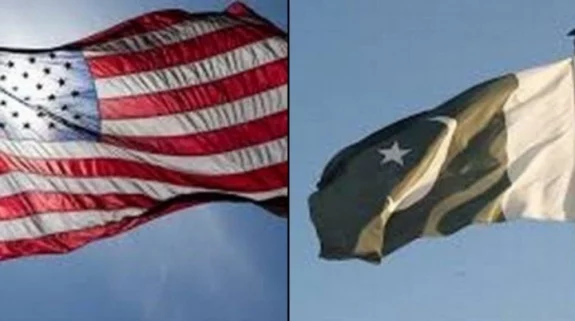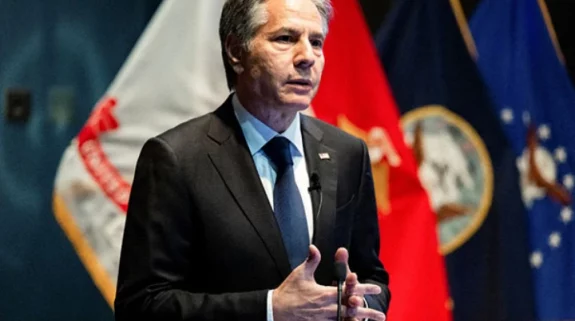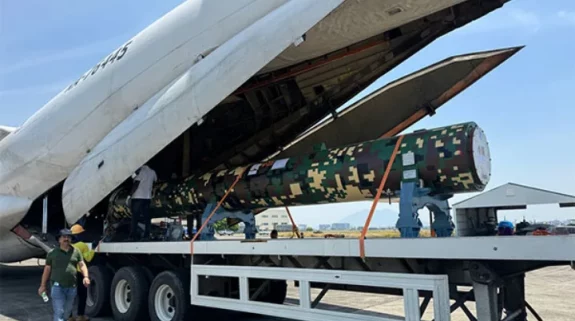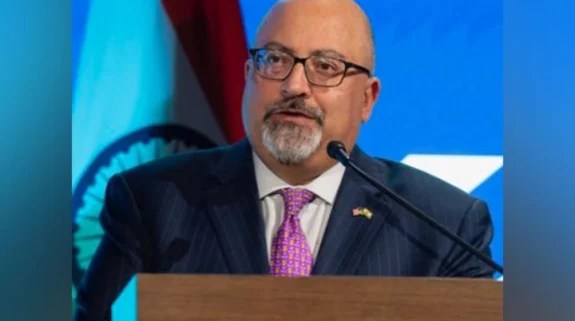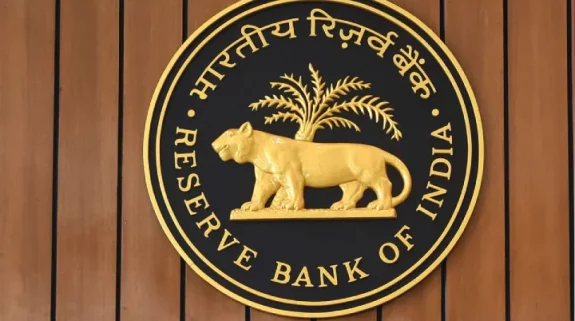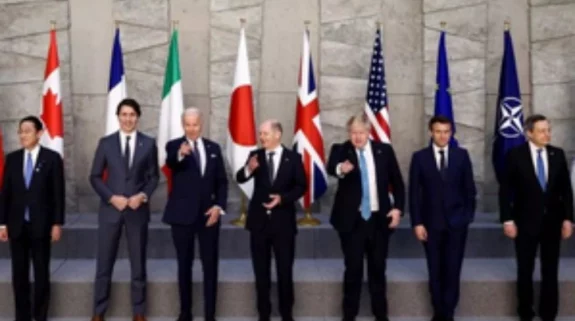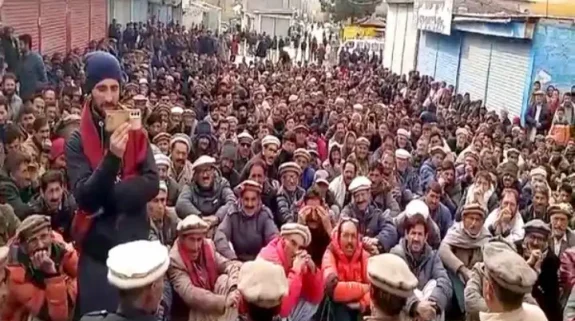In view of the deteriorating humanitarian situation in Afghanistan, India has decided to donate 50,000 metric tonnes of wheat to Kabul and also continues its humanitarian support for Myanmar with a grant of 10,000 tons of rice and wheat.
At the same time, India continues to assist Sri Lanka during the difficult times and is also delivering humanitarian aid to conflict-hit Ukraine.
All this is in addition to the food aid provided in the form of thousands of metric tonnes of wheat, rice, pulses, and lentils to several other countries, including Lebanon and Sudan, during the ongoing Covid pandemic.
This was informed by India to the members of the United Nations Security Council (UNSC) during an informal meeting on the issue of growing conflict and hunger on Thursday.
India said that it remains committed to providing assistance to countries in need as food security is the basic minimum requirement especially when the world is facing the universal impact of Covid-19 pandemic and ongoing conflicts, including in Ukraine.
The global impact of these events, said India in a statement delivered by First Secretary Sneha Dubey, has distressed ordinary people with spiraling energy and commodity prices and disruptions in global logistical supply chains.
According to World Food Programme's 'Global Report on Food Crises 2021', almost 100 million people across the world are suffering from conflict-induced food insecurity, up by around 30% reported previously.
"India remains strongly committed to the cause of global food security and has contributed to UN’s Central Emergency Response Fund (CERF) and the UNOCHA in response to various humanitarian crises over the years. Our spearheading of the UN General Assembly Resolution for declaring Year 2023 as the 'International Year of Millets' was aimed at addressing the food security challenges," said Dubey.
Welcoming UN Secretary General's initiative of establishing a Global Crisis Response Group on Food, Energy and Finance (GCRG) in the context of the conflict in Ukraine, India said that the food security challenges emanating from Ukraine conflict requires attention.
"The growing shortages can only be addressed by going beyond constraints that bind us presently. Energy security is equally a serious concern and needs to be addressed through cooperative efforts," mentioned the statement read by Dubey.
India also highlighted that external food aid and assistance alone cannot be a long-term sustainable solution to food insecurity as promoting peace and stability, strengthening governance, and promoting development programmes remain paramount.
"We would like to reiterate that India will continue to be a major contributor to global food security and remains committed to working with all other Member-States and international organisations, including the United Nations, to collectively strengthen global food security, including in conflict-affected regions," Dubey concluded.
Also Read: Indo-Pacific Quad delivers two lakh 'Made in India' Covid vaccines to Thailand







